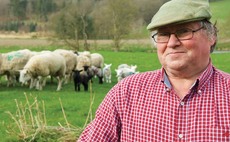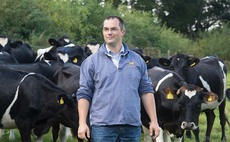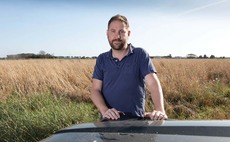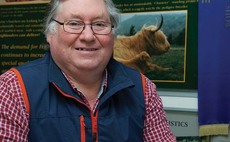In your field
Farm Life
Why do we farm? Honestly, what’s in it for us? My sense is that only a minority of farmers farm because they chose to.
Farm Life
My goodness, even my relentless cheerfulness is struggling as wave after wave of bad news on Covid-19 is broadcast each hour.
Livestock
Well, this is a funny one. We live in very strange times and now we are nearing the end of lambing time there is time to reflect.
Arable
We have now almost completed the spring work, with spring barley coming through the ground fairly evenly and its top dressing of fertiliser being applied at the end of last week.
Livestock
Thomas Carrick is part of a family-run upland beef and sheep farm in the North Pennines, near Alston. With pure-bred Swaledales to produce Mule lambs, they also run Salers cross cattle with Aberdeen-Angus calves which they finish at home.
Livestock
None of us could anticipate just how altered the world has become in a matter of weeks. We are all affected by Covid-19, in so many ways, and it has never felt more important to reach out and communicate, both in our rural communities and more widely.
Livestock
The roads are so quiet and the air is only broken by birdsong and young lambs and their mothers calling to each other.
Livestock
Sadly, the world has certainly changed beyond recognition from a month ago and, with coronavirus restrictions looking set to continue over summer, we seem to be living a very different life.
Farm Life
In theory, it should be fairly easy to farm while staying two metres away from every other human being. Open fields and solitary tractor cabs mean arable farming is fairly self-isolating at the best of times. There are clearly fewer face-to-face meetings than, say, being Prime Minister.
Arable
The lockdown of most of the nation’s population will hopefully have the desired effect of slowing down this hellish virus.

 01 May 2020
•
2 min read
01 May 2020
•
2 min read









